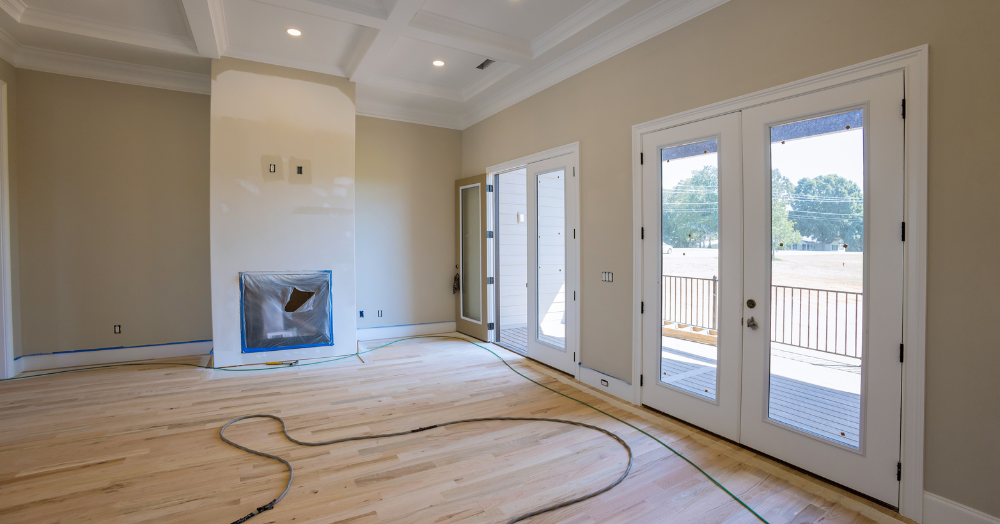
What you need to know about refurbishing a period property
We've all watched those TV shows where an optimistic, first-time property developer buys a dilapidated property and embarks on a renovation journey. They often uncover hidden problems with substantial cost implications as they go through the trials and tribulations of property development to create a beautiful home for their family.
It makes for great TV because they never know what they'll find. The wonders that can be discovered are exciting enough that even watching the stresses that this trepidatious property developer goes through, for many of us, they are living out one of our dreams and realising our ambitions of restoring a run-down period property and returning it to its former glory.
Many older properties were upgraded in the 70s and 80s, but this has left period features hidden behind woodchip wallpaper and boarded-up fireplaces waiting patiently to be revealed.
But what is really involved in renovating a period property? There is much to consider, and it goes beyond simple redecoration.
Listed? The first thing you need to consider is the property's listed status. Many period properties have been given listed building status, of varying degrees, by the local authority, which means that you must protect the heritage of the building. If there is something in the property, some style or particular feature that is of historical importance, then this will impact what you can do in your development.
Make a plan - Plan for the development and what you intend to do. If the property is listed, your intended plans may require consent from the local authority. There is never a way to plan precisely, and you must be aware that things may change once the development begins. Still, it's best to have a plan, even if you must keep it fluid so the development doesn't drift and take forever.
Costs - Similar to the plan, you need a budget and an idea of the costs, but you will absolutely need a contingency fund. Until you begin to peel back the layers of the property, you can't truly know what you are dealing with, and this is very difficult to budget for.
Survey - As it isn't possible to fully know what you will get when you start work on the property, one of the main things you can do to try and pre-empt as much of the expected work as possible is to invest in a professional survey. Whilst it will not tell you everything about the property, it will certainly highlight the main points.
A particular type of magic is held within the walls of a very old home, and it is true that they don't build houses now like they used to. Steeped in rich history, there is almost always some kind of story in an older home. Architectural features are the added sprinkles on the top of the sundae, which really set these properties apart from the average post-war cul-de-sac home. This magic, these extra sprinkles, and historical significance keep us returning to the old properties and taking on the renovation and restoration of those properties, no matter how much work and money is involved.
If you are thinking of buying a period property to restore and put your stamp on, get in touch with our expert property professionals to see what is available on the market. You never know; your next dream home could be available right now.